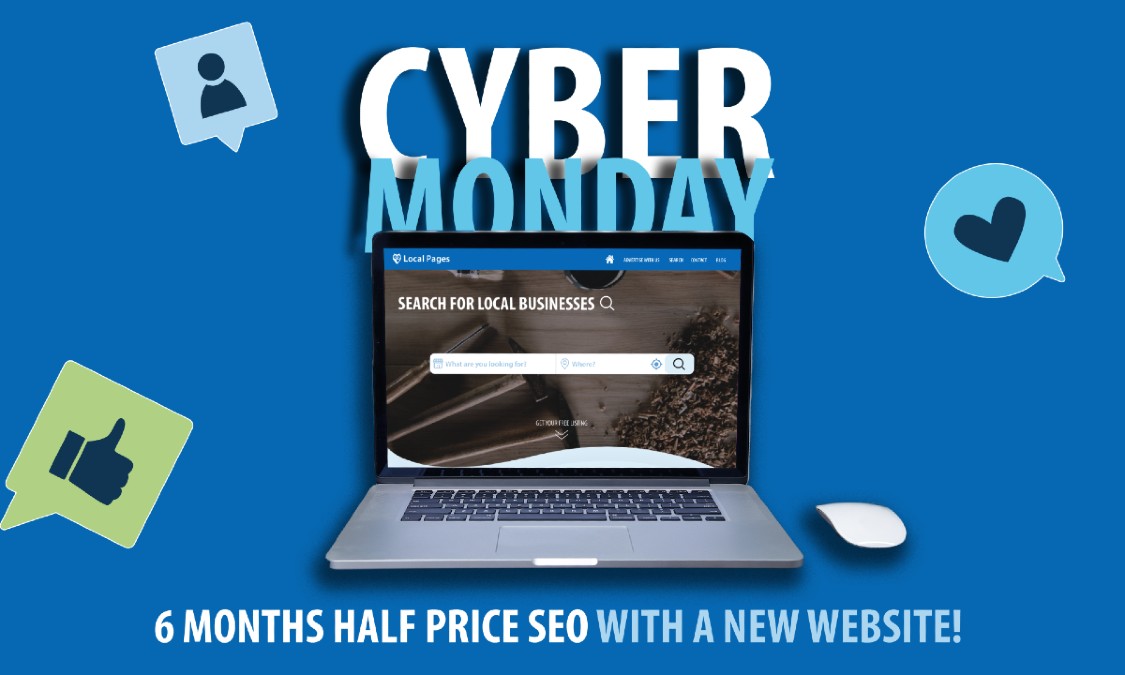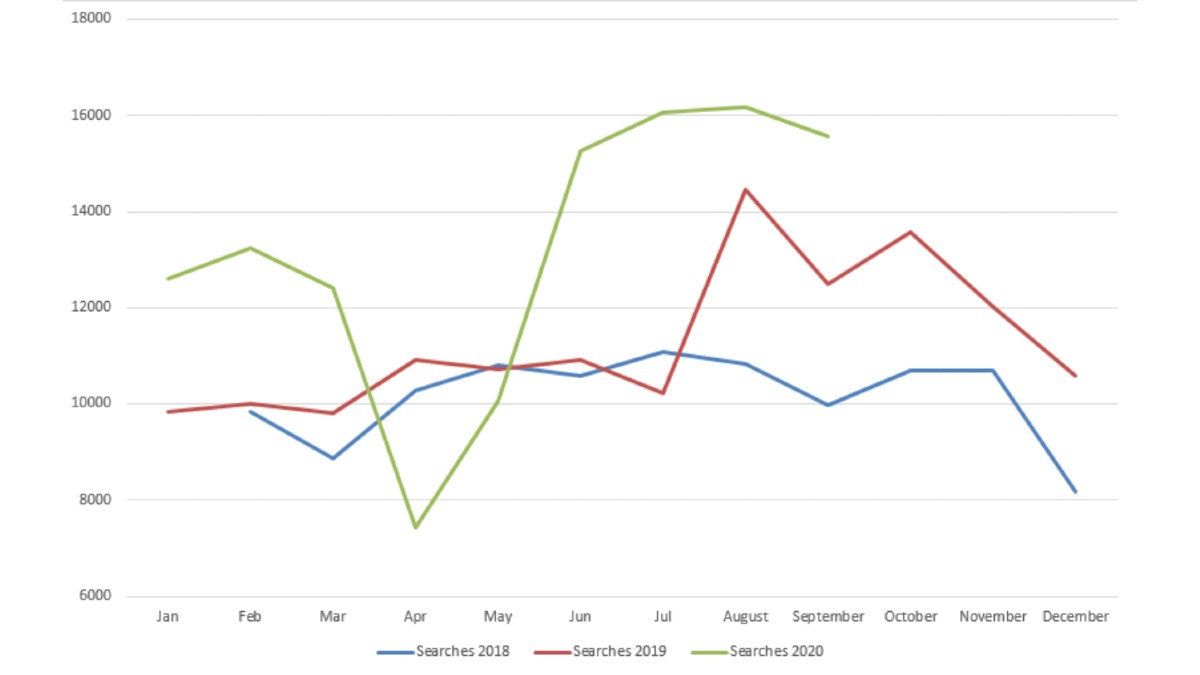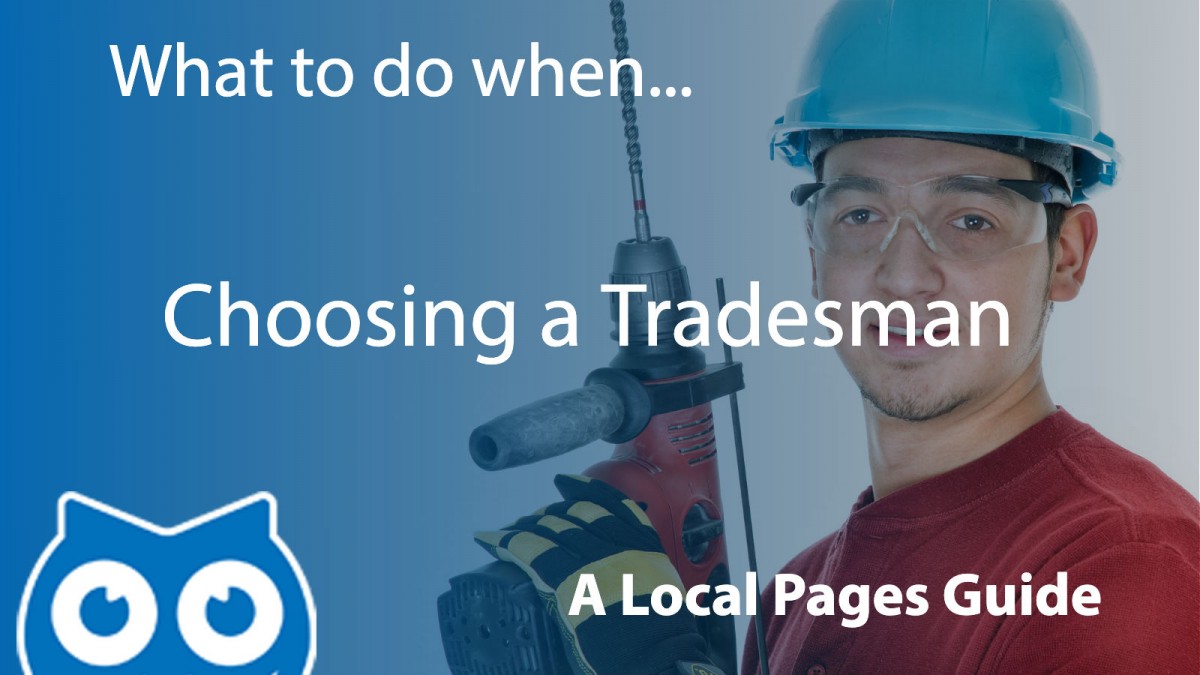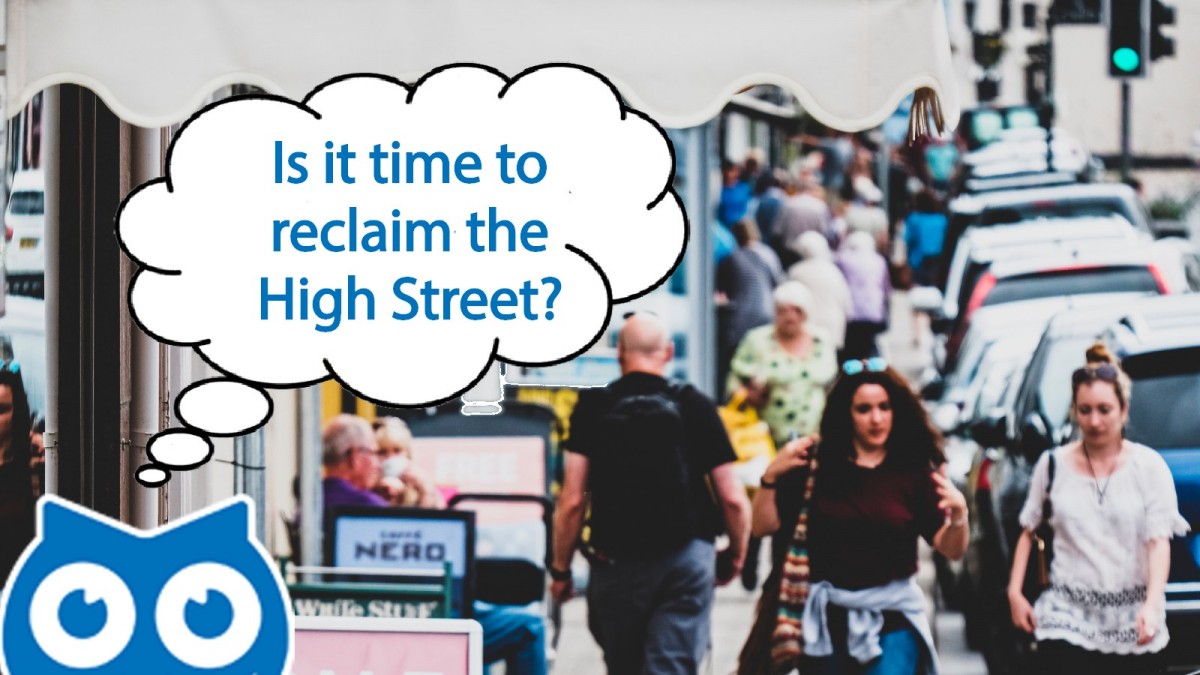Below is the current latest information regarding lockdowns in the local areas covered by Local Pages. The information is correct as of 26th November 2020.
Please use the links provided to keep up to date with any changes.
England
Our areas in the west of England have been placed in the tier categories stated below.
Decisions on which area goes into which tier are primarily based on 5 key epidemiological indicators:
- case detection rates in all age groups
- case detection rates in the over-60s
- the rate at which cases are rising or falling
- positivity rate (the number of positive cases detected as a percentage of tests taken)
- pressure on the NHS, including current and projected occupancy
The indicators are designed to provide a full picture of what is happening with the virus in any area so that suitable action can be taken.
Tier 2: High alert
- Bath and North East Somerset
- Gloucestershire
- South Somerset
- Somerset West and Taunton
- Mendip and Sedgemoor
- Wiltshire and Swindon
- Herefordshire
- Shropshire
- Telford & Wrekin
- Worcestershire
Tier 3: Very High alert
- Bristol
- North Somerset
- South Gloucestershire
Click here for more information on tiers, including what you can and cannot do in each tier.
Click here for the latest information regarding coronavirus in England
Wales
- People will only be able to meet people who are part of their ‘bubble’ in their own home; only 2 households will be able to form a ‘bubble’. If one person from either household develops symptoms, everyone should immediately self-isolate.
- People will be able to meet in groups of up to 4 people (not including any children aged under 11) in regulated indoor places, such as hospitality – bars, pubs, cafes and restaurants. No alcohol can be served in any of these venues between 10pm and 6am, and where premises have a licence to sell alcohol they will have to close at 10.20pm.
- As part of keeping our risks to a minimum, people should avoid non-essential travel as much as possible. There will be no legal restrictions on travel within Wales for residents, but people can only travel into and out of Wales with a reasonable excuse.
- Up to 15 people can take part in an organised indoors activity (such as an exercise class – where a responsible body is managing the event) and up to 30 in an organised activity outdoors, providing all social distancing, hand hygiene and other covid safety measures are followed.
In addition:
- All childcare facilities, schools, further education colleges, work-based learning and adult learning providers can return to the same model of operation as before the firebreak. Universities can continue to provide a combination of in-person teaching and blended learning.
- Places of worship can resume services.
- All retail businesses can reopen, including close-contact services such as hair dressers/barbers and beauty salons.
- Sport and leisure facilities, including gyms and swimming pools, can reopen, but the operators must take all reasonable measures to manage risk and maintain physical distancing;
- Entertainment venues can reopen. These include cinemas, bowling alleys, skating rinks, museums, galleries, bingo halls, casinos and amusement arcades, but theatres and concert halls, nightclubs and sexual entertainment venues are still required to be closed.
- Local authority services can resume based on local circumstances.
- Home viewings and home moves are allowed.
- Visits to care homes will be permitted, subject to local circumstances.
All premises re-opening will still be required to take all reasonable measures to minimise the risks of spreading the virus. This includes measures to ensure 2 metre social distancing is observed, as well as other measures, such as restricting numbers, implementing one-way systems or limiting the time people can remain on the premises.
Everyone is also being urged to follow the basics at all times – maintain social distancing; washing their hands often and wearing a face mask indoor public places. People will also be asked to work from home whenever possible.
Click here for frequently asked questions regarding coronavirus restrictions in Wales















